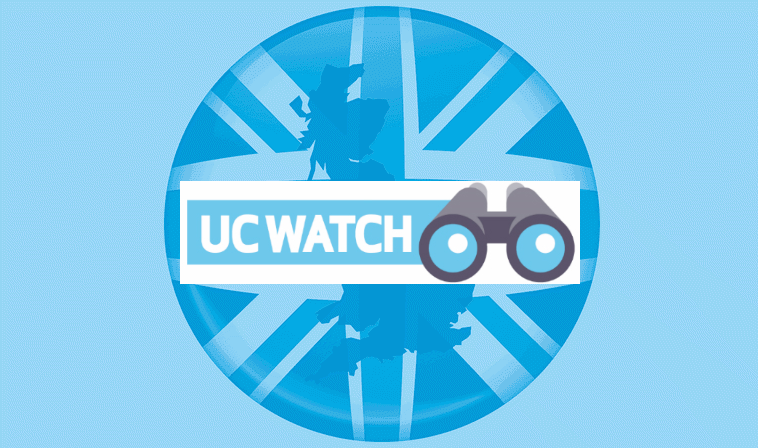Universal Credit is designed to make you better off in work. To see how much better off you would be, look at the work allowance tables below.
This is the amount of extra money on top of Universal Credit you can earn each month without any deductions. After that limit is reached you still get to keep 45p in every pound (this is the ‘taper rate’, currently set at 55p in the pound).
If your Universal Credit award contains a Housing Costs element, your work allowance will be the lower work allowance in the table below. If it doesn’t, your work allowance will be the higher work allowance.
EXAMPLE
Sam is a single parent with two kids. Her monthly UC payments were £1,500 to cover everything including rent but she’s just got herself a job. Now she’s earning £1,200, so where does that leave her? On the old system, she’d keep her wages but have almost all deducted from her benefits. With UC, she can earn £335 (the lower work allowance) before her benefit is cut. So subtracting £335 from her £1,200 pay leaves £865. The taper rate of 55p in the pound is applied to this (55p x 865), coming to £475.75, which is then taken off her UC payment. (That is, £1,500 minus £475.75, leaving her with £1,024.25).
So Sam keeps all of her £1,200 salary, plus her amended UC of £1,024.25. By the end of the month, she’ll receive £2,224.25. She is £724.25 better off.
To check your personal situation, and whether you would be better off in work, try this benefit and budgeting calculator for free by clicking here.
NB figures correct as of 27 October 2022. Amounts may have been revised.




